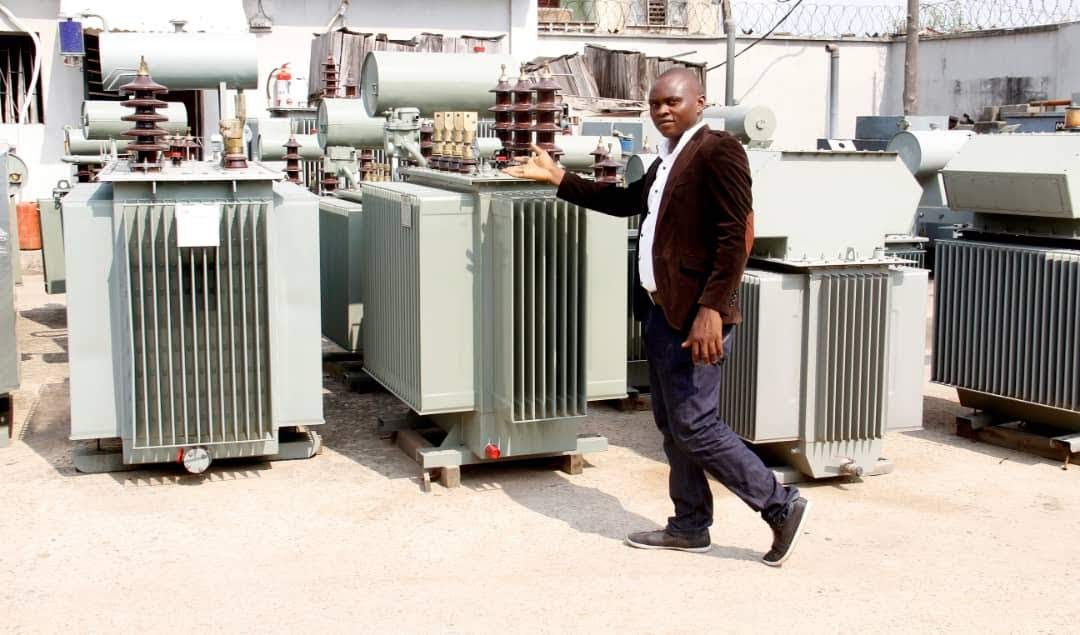The government's dedication to providing dependable electricity supply to the people of the nation is one of the major factors influencing growth in the transformer sector in Nigeria. The Nigerian government has made significant investments in the electricity sector, including the construction of new power plants, the expansion of the transmission network, and the renovation of already-existing facilities.As businesses compete to provide the tools required to meet the nation’s expanding energy needs, this commitment has fueled the growth of the transformer industry. Nigeria is home to various indigenous businesses that manufacture a variety of transformers, including distribution transformers, power transformers, and special transformers.
One such business is divine option technical Nigeria Limited, a division of Havells India Limited, a global manufacturer of electrical equipment. In Lagos, divine option technical Nigeria has a cutting-edge transformer manufacturing facility that creates a variety of transformers for different uses. Transformers made by the company are well-known for being of a high caliber and reliability, and they are frequently utilized in Nigeria's power industry.astor Transformers Limited, a Nigerian-owned business with over 40 years of experience, is another player in the country’s transformer market. Power transformers, distribution transformers, and customized transformers are just a few of the transformers that astor Transformers manufactures. The company is known for giving its clients high-quality goods.
Nigeria imports transformers from other nations, such as China, India, and Europe, in addition to local producers. Large-scale power projects like the development of new power plants and transmission systems frequently make use of these imports.
In spite of its expansion, Nigeria's transformer industry still confronts a number of difficulties. These include insufficient power supplies, a lack of financial resources, and high raw material prices. The National Power industry Reform Act and the Nigerian Electricity Regulatory Commission are only two of the policies and programs the Nigerian government has put out to help the power industry flourish in order to address these issues.In conclusion, Nigeria’s transformer business is an essential component of the nation’s power sector and is crucial to ensuring the general public has a consistent supply of electricity. The industry is positioned for greater expansion in the upcoming years with ongoing government investment and support, which will assist the growth of Nigeria’s economy and the welfare of its citizens.

